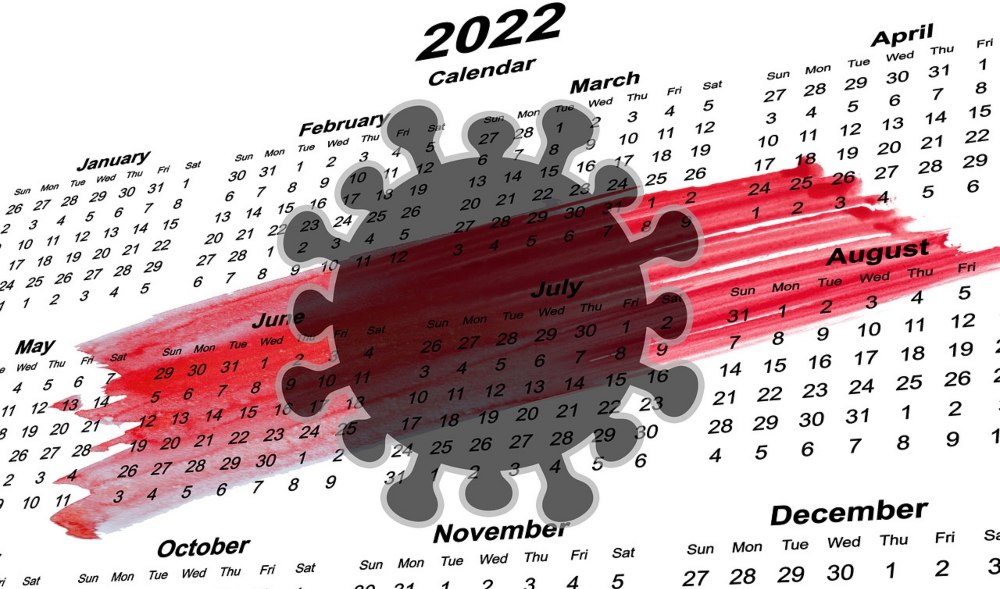The past two winters were COVID hell: between mid-November 2020 and mid-March 2021, COVID killed 285,000 Americans. A year later it killed 205,000 over the same time period. Heading into this winter, experts think another onslaught like these is quite unlikely, though not absolutely impossible.
Two winters ago, there were no vaccines, and the mask-and-mandate wars were raging. Last winter, vaccines reduced the carnage, but vaccine uptake was lower than it could have been, and the Omicron variant arrived, creating astronomical rates of infection. This winter there is no radically different variant on the horizon thus far, but long-running Omicron has displayed a new trick: a swarm of sub-variants with lots of additional ability to infect people even if they’ve been vaccinated or previously had COVID. The new subs also appear to have acquired the unpleasant ability to escape most monoclonal antibody therapies, though Paxlovid, which works differently, appears to remain effective.
The most prominent of the new variants in the US is the BQ lineage, with catchy names like BQ.1, BQ.1.1, etc. It seems to be rapidly out-competing BA.5, the reigning champ since the beginning of July. In European countries the BQ lineage has already achieved dominance, but the new wave of infections hasn’t been followed by a proportional wave of hospitalizations and deaths in those countries, perhaps a hopeful sign. It’s hard to predict what the pattern will be in the US, because we continue to be an outlier with our low rates of vaccination and booster uptake. There’s also an Omicron subvariant called XBB, which outcompeted BA.5 in parts of East Asia but is at much lower levels that BQ.1 + BQ.1.1 in the US so far.
The complexity of multiple immune-evading sub-variants makes prediction difficult, a problem compounded by the declining quantity and quality of data in the US about what the virus is doing, and what people are doing: testing? Boosting? Masking? Partying?
Most experts who are giving advice for this winter are strongly urging that “everyone eligible” get the bivalent boosters from Pfizer and Moderna, which include mRNA that stimulates the production of Omicron-specific antigens. The vaccines and boosters have remarkably reduced the risk of hospitalization and death, but the risk of infection will rise with the new sub-variants, and with it the risk of later Long COVID.
In addition to getting vaccinated, experts recommend continuing prudence: wear good masks in crowd situations, limit total crowd exposure per day, and use home tests to reduce the risk of being a spreader when you’re expecting to spend time with more vulnerable people: very young children (under 5, especially under 2), and older adults (over 65, especially over 75).
COVID has not gone away: Americans have been dying of it at a rate of almost 2,900 per week since Labor Day, a stubbornly high number that has only slowly drifted lower, and is probably going to rise again as BQ and friends join us for the holidays. With luck, we’ll have a much less dangerous winter than last year’s, but we could nevertheless quietly lose another 50,000 or more of our fellow citizens to COVID between now and March. In a country of over 330 million, the odds are low that it will kill any one person, but it’s still a big number, higher than a year’s worth of flu, on average. Don’t be paranoid, but take reasonable precautions, and above all get the bivalent booster if you’re eligible and haven’t already done so. This Thanksgiving, don’t be the turkey.
Discover more from Post Alley
Subscribe to get the latest posts sent to your email.

Thank you for all writers at Post Alley. Especially Jane Adams, Tom Corddry, Joel Connelly, and of course, David Brewster.
Best reporting ever…and writing!